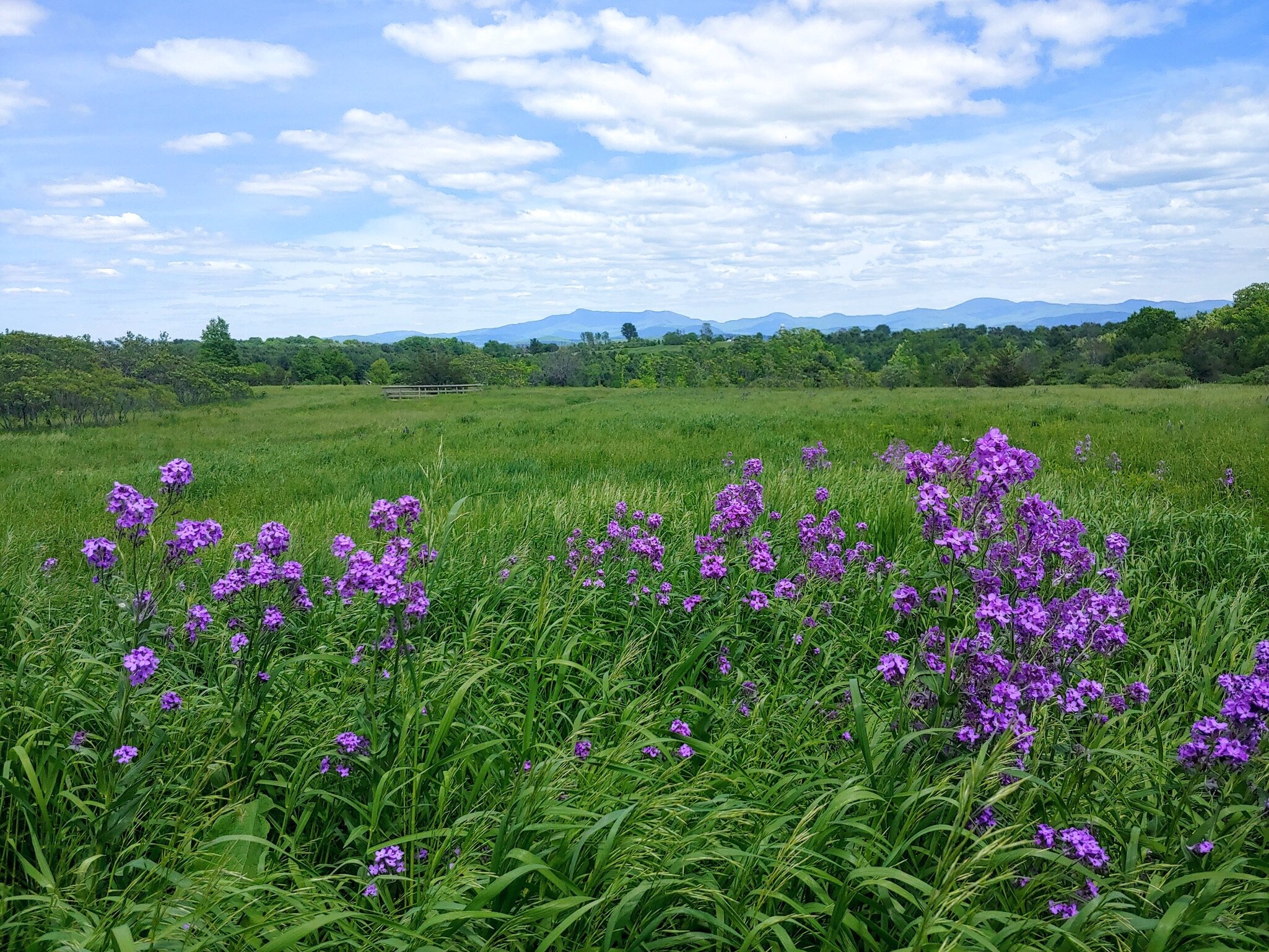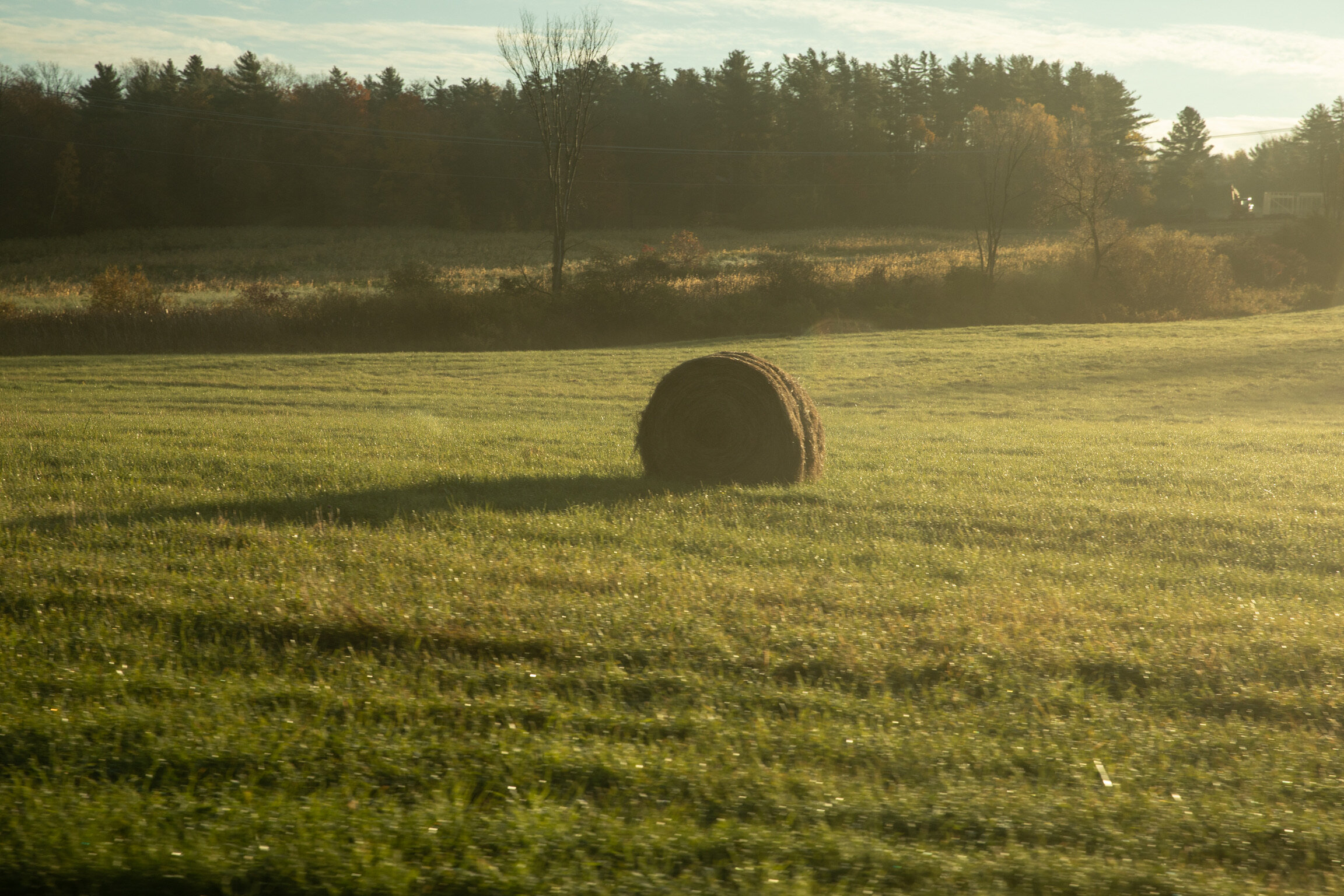
Environmental Benefits
A Natural Climate Solution
Open lands are critical in our fight to slow and reverse climate change. Natural habitats are carbon sinks–they remove carbon dioxide from the atmosphere, but clearing open land releases all of that stored carbon. Preserving natural habitats is a critical tool for managing greenhouse gasses, which is why the scientific community agrees that we must conserve 30% of the Earth’s land by 2030 to avoid the worst effects of climate change. South Burlington Land Trust is committed to acting at a local level to do our part to protect undeveloped land and help mitigate climate change.
Beyond Climate
While climate change is an immediate threat that must be confronted, conserving land is necessary for maintaining a healthy environment in many other ways. Forests, meadows, streams and rivers, agricultural lands, and wetland systems are critical wildlife habitats. They keep our waterways, lakes and ponds clean, and improve our air and soil quality. Protecting natural land in South Burlington is critical to protecting the health of Lake Champlain.
Environmental Benefits of Conserved Land
-

Flood and Erosion Controls
-

Carbon Sequestration
-

Air Quality
-

Soil Quality
-

Protecting Lake Champlain
-

Wildlife Habitats

“My children marvel at owls that nest in the woods near our house. This magical experience wouldn’t happen if the forest had been developed. ”
—Jason Chin, South Burlington Resident
